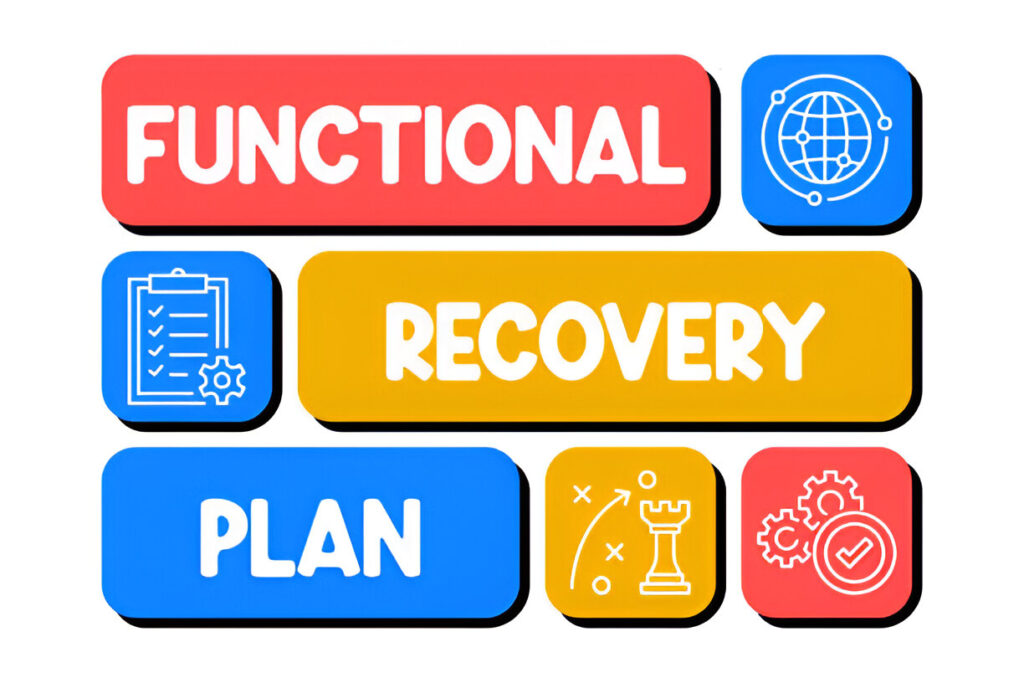Starting the road of rehabilitation calls for a careful mix of personal freedom and disciplined direction. Flexible, disciplined recovery plans give this balance and a framework that helps to heal while fitting different lives. All within a supportive community environment, this method not only promotes personal responsibility but also combines evidence-based therapy and supports the acquisition of critical life skills.
Contents
Customized Integration of Therapy into Everyday Life
Adaptable, disciplined recovery programs deftly thread treatments into the fabric of daily life. This design lets people participate in thorough treatment sessions—including group therapy, individual counseling, and instructional seminars—without straying from their obligations both personally and professionally. For many, an trusted intensive outpatient program offers the ideal balance, allowing them to receive structured, high-quality care while maintaining their daily routines. Such integration guarantees that the rehabilitation process is not isolated but rather becomes a part of daily life, therefore encouraging the use of coping mechanisms in practical situations. Maintaining their regular duties helps participants to instantly apply new skills and habits, therefore strengthening their dedication to sobriety in the surroundings. This perfect fusion of therapy and normal life increases the relevance and efficiency of the road to recovery. Long-term rehabilitation success depends on consistency; hence, developing a disciplined yet flexible schedule helps. Encouragement of participants to create reasonable objectives in line with their personal and professional goals helps to guarantee that healing stays first. The possibility of ongoing involvement and improvement rises when one may modify therapy approaches to fit changing living conditions.
Diverse, Evidence-Based Therapeutic Modalities
One of the main features of these programs is the inclusion of many evidence-based therapies catered to handle the several aspects of addiction. Using modalities including motivational interviewing, dialectical behaviour therapy (DBT), and cognitive-behavioural therapy (CBT), one explores the fundamental reasons for drug use problems. This all-encompassing treatment approach treats the core causes of addiction as well as the symptoms, therefore enabling significant and long-lasting transformation. These systems’ intrinsic flexibility lets one customize treatment regimens so that treatments speak to the particular needs and experiences of the patient. Using a range of therapy approaches helps participants create a strong set of tools for handling stressors, triggers, and problems that could surface during and beyond the recovery process.
Furthermore, complementing conventional procedures are holistic approaches like mindfulness techniques, meditation, and exercise-based therapy, thereby improving general well-being. Trauma-informed treatment guarantees that prior events are respected and handled in a safe and encouraging environment. Giving people access to several therapeutic routes helps them to choose methods most fit for their recovery process. Continuous evaluation and adjustments to treatment plans ensure that individuals receive the most effective care as they progress. By fostering self-awareness and resilience, these therapies empower individuals to build healthier, more fulfilling lives post-recovery.
Development of Life Skills Within a Supportive Community Framework
Successful recovery extends beyond overcoming substance use—it requires rebuilding a stable and fulfilling life. Establishing a strong foundation of essential skills and supportive relationships is key to long-term success. Beyond treating drug use, flexible, regimented rehabilitation programs place great weight on the acquisition of fundamental life skills in a supportive group. In areas including time management, financial planning, good communication, and stress reduction strategies, participants receive direction. Rebuilding a balanced and contented life after recovery depends on developing these skills.
Furthermore, the group therapy sessions and shared events help the members to develop friendships and encouragement of each other. This group dynamic not only helps to reduce loneliness but also promotes the exchange of techniques and experiences, therefore enhancing the path to recovery. As people negotiate the complexity of reintegration into society, the community element provides a pillar of support, encouraging and responsible behaviour. Through mentoring programs, people may help the recovery community and thereby validate their development. Developing relationships with like-minded colleagues helps to create a consistent support system that goes beyond the length of official therapy. Promoting involvement in educational courses and occupational training can help to increase self-sufficiency and confidence even further.
Conclusion
Offering many therapeutic approaches, seamless mixing of treatment with normal life, and encouraging fundamental life skills within a caring community, flexible, organized recovery programs stand out. This multifarious approach not only solves the acute problems of addiction but also provides a strong basis for long-term recovery and continuous personal development.



